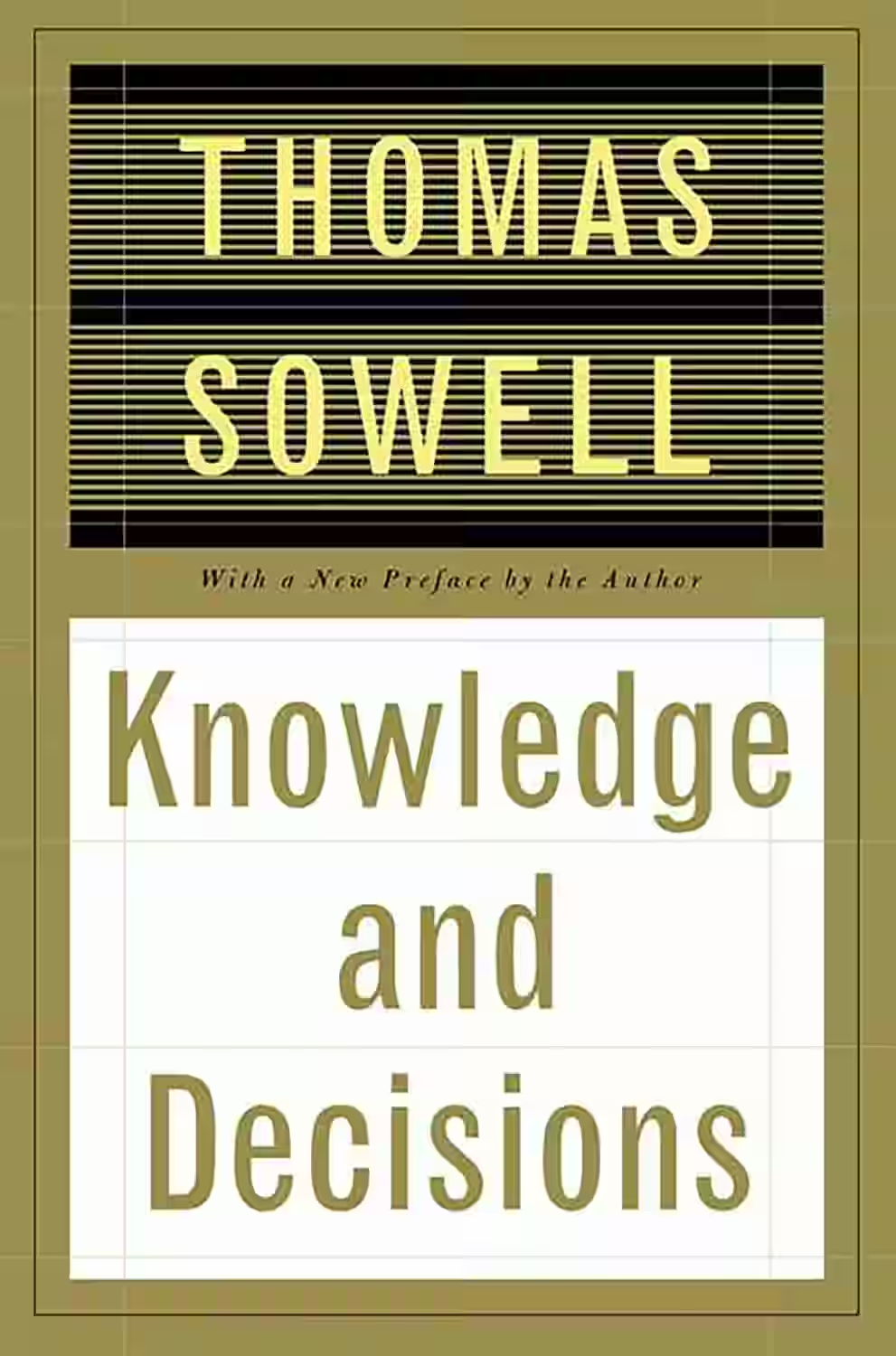
Economist and political commentator Thomas Sowell explores how knowledge is distributed and used across different institutions, from markets to governments. He argues that decision-making is most efficient when decentralized and guided by incentives, rather than centralized planning. Sowell highlights how information, incentives, and constraints shape outcomes in society, emphasizing the superiority of systems that allow individuals to act on local knowledge. Rich in economic and philosophical insight, the book critiques technocratic overreach and defends free-market mechanisms. It’s considered one of Sowell’s most intellectually rigorous works, offering a deep framework for understanding how societies function.
About Thomas Sowell
Thomas Sowell is an American economist, social theorist, and senior fellow at the Hoover Institution at Stanford University. He is renowned for his writings on economics, race, history, and public policy, often challenging prevailing progressive narratives. In Knowledge and Decisions, one of his most influential books, Sowell examines how information and incentives shape societal outcomes. His work is characterized by clear prose, empirical rigor, and a commitment to classical liberal principles. Sowell has authored over 30 books and countless essays, earning a reputation as one of the most important conservative intellectuals of the past half-century.
Other Books by Thomas Sowell
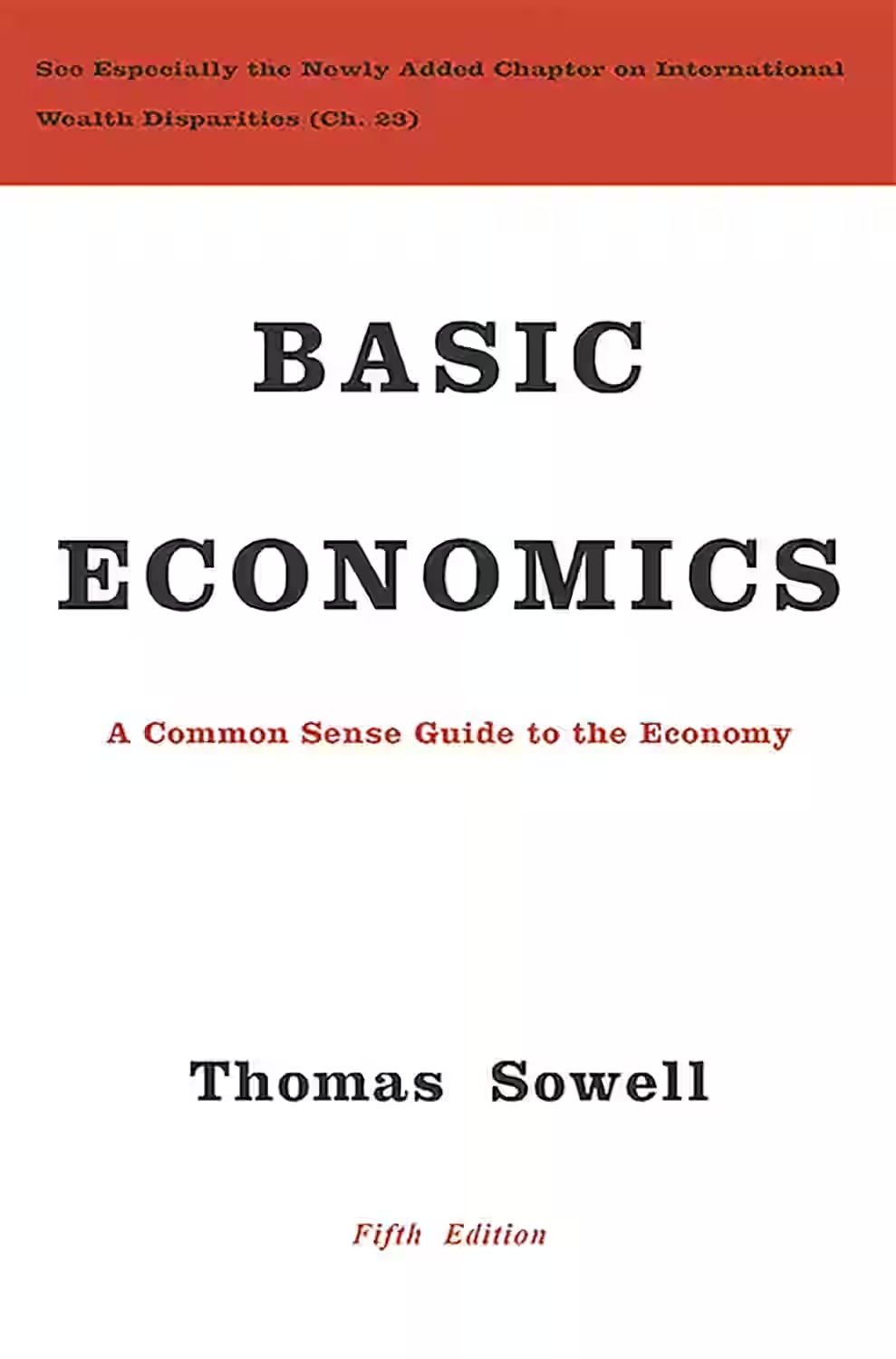
Basic Economics: A Common Sense Guide to the Economy
In 'Basic Economics: A Common Sense Guide to the Economy' by Thomas Sowell, readers are taken on a journey through the fundamental principles of economics in a clear and accessible manner. Sowell breaks down complex economic concepts into easily digestible lessons, making it a perfect choice for those looking to grasp the basics of how economies function. By using real-world examples and a conversational tone, the author engages readers in understanding topics like supply and demand, price controls, and international trade. This book serves as an eye-opening resource for individuals wanting to comprehend the intricacies of the economy without getting lost in jargon.
Similar Books
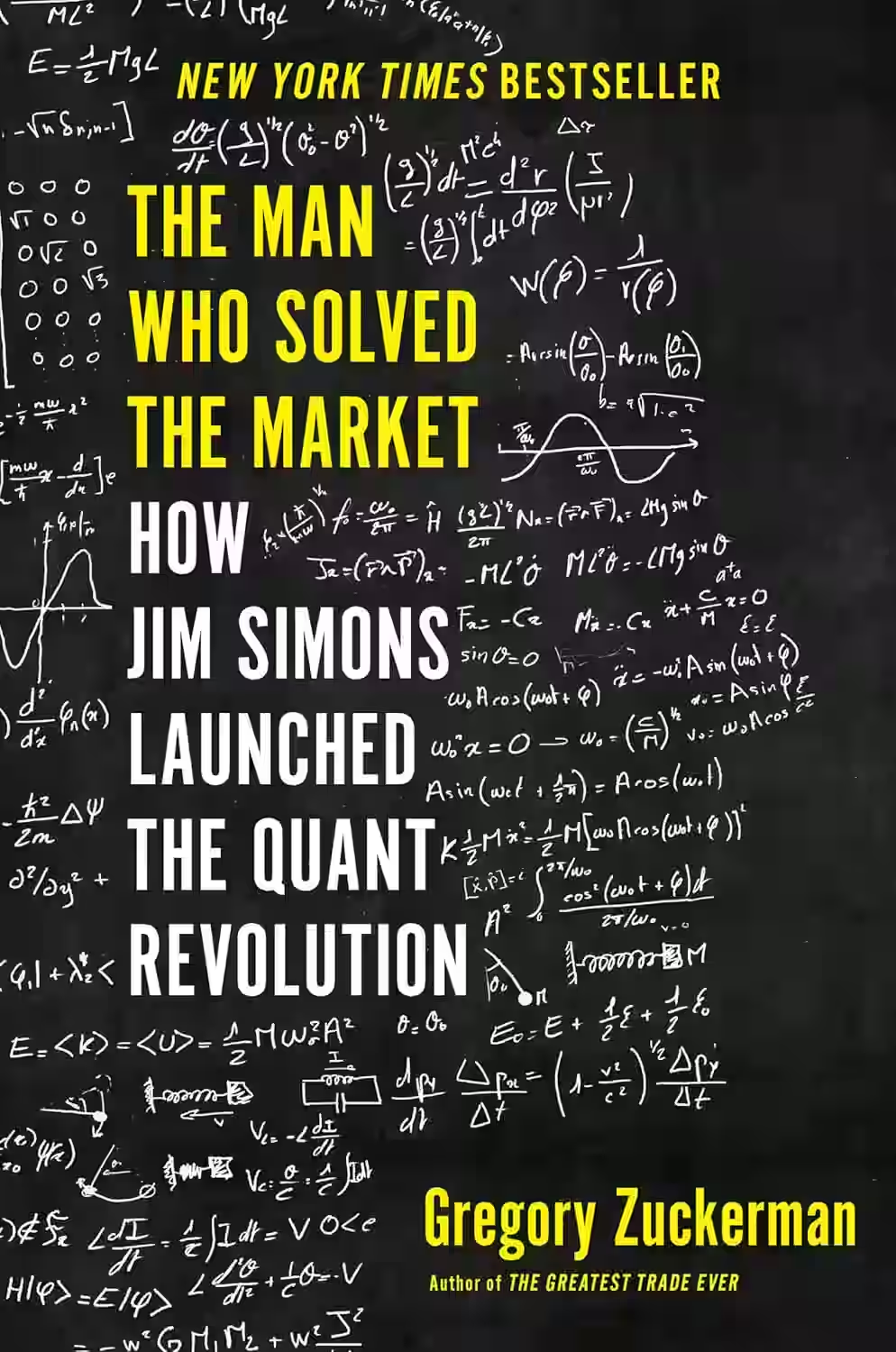
The Man Who Solved the Market: How Jim Simons Launched the Quant Revolution
In 'The Man Who Solved the Market', Gregory Zuckerman delves into the fascinating world of finance and mathematics through the lens of legendary investor Jim Simons. The book offers readers a detailed exploration of how Simons revolutionized investing through quantitative strategies at his firm, Renaissance Technologies. Zuckerman delves into Simons' life story, the challenges he faced, and the groundbreaking techniques he employed to outsmart Wall Street. Through meticulous research and compelling storytelling, Zuckerman provides keen insights into the complexities of financial markets and the brilliance of Simons' approach. This book is a must-read for anyone intrigued by the intersection of math and money.
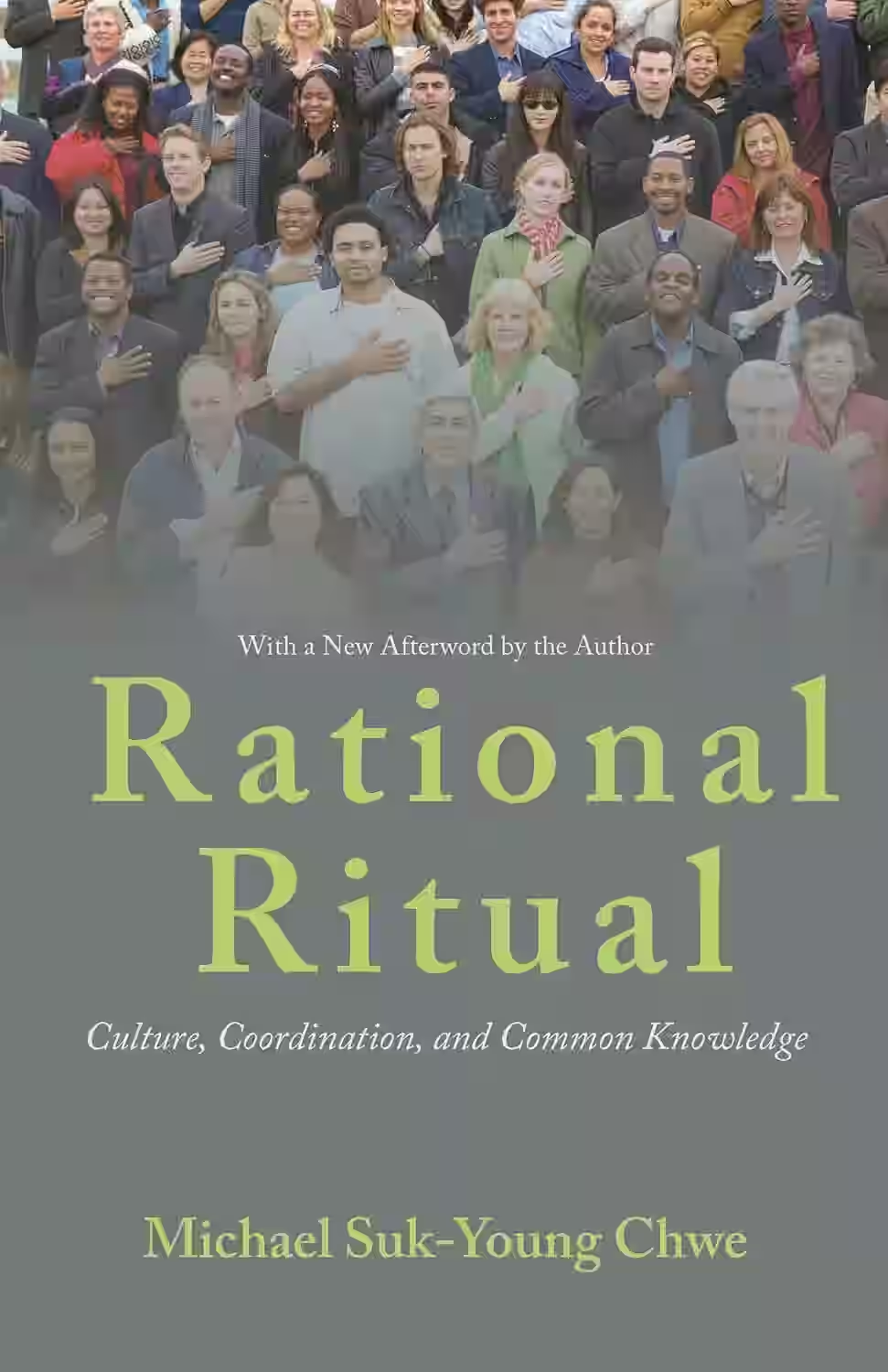
Rational Ritual
Rational Ritual explores how rituals—from presidential inaugurations to sports events—create common knowledge, a shared awareness that everyone knows everyone knows. Chwe, a game theorist, argues that these shared experiences are vital for coordination in society. By applying game theory to cultural rituals, he sheds light on why such practices persist and how they help societies function. The book offers unique insights into advertising, politics, and social networks. Zuckerberg recommended Rational Ritual for its relevance to online platforms, where creating and managing shared experiences is key. It’s an intellectually stimulating read for anyone interested in the intersection of culture and logic.
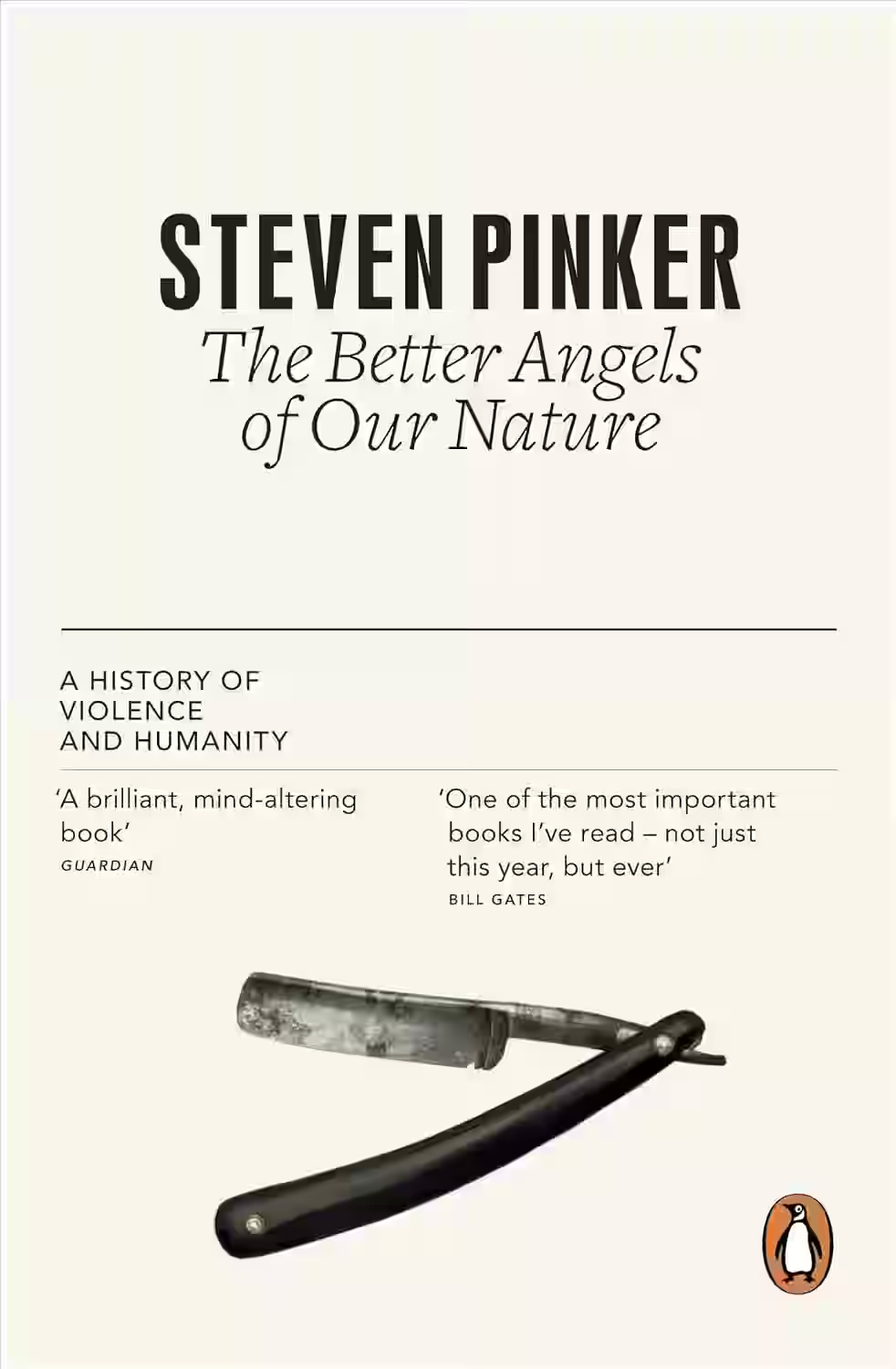
The Better Angels of Our Nature
In The Better Angels of Our Nature, cognitive scientist Steven Pinker argues that, contrary to popular belief, violence has declined significantly over human history. Drawing on data from psychology, history, and political science, Pinker examines how societal changes—such as the spread of literacy, trade, and centralized governance—have contributed to a more peaceful world. He identifies forces like empathy, reason, and moral progress as "better angels" guiding human behavior. Though controversial, the book provides a compelling, data-driven narrative that challenges pessimistic views of human nature and makes a bold case for the progress of civilization over the centuries.
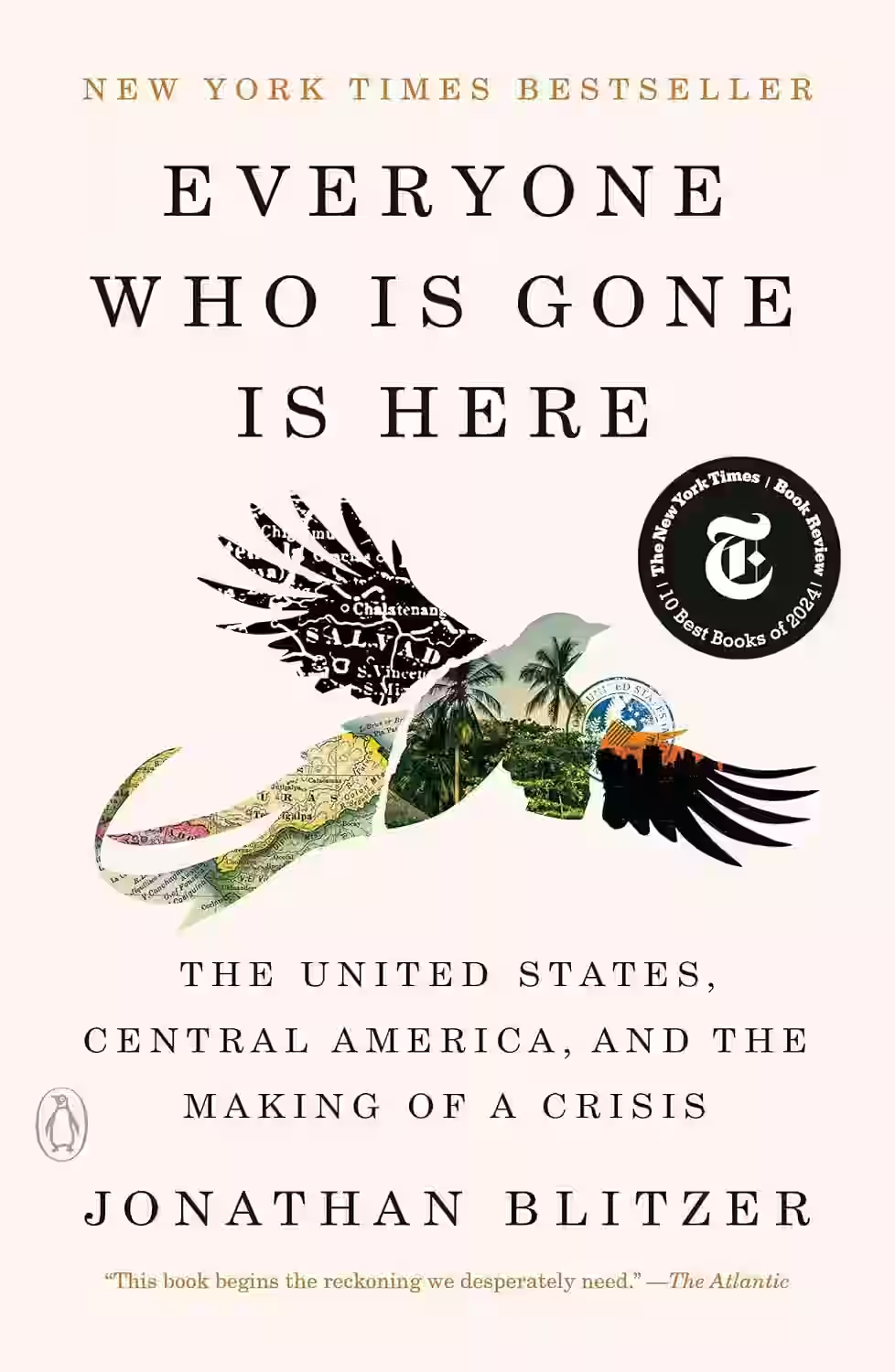
Everyone Who Is Gone Is Here
In Everyone Who Is Gone Is Here, Jonathan Blitzer examines Central American migration to the United States, focusing on El Salvador, Honduras, and Guatemala from the 1970s to the present day. The book weaves together individual narratives and historical analysis to illuminate the complexities of migration, U.S. foreign policy, and the resulting humanitarian crises. Blitzer's work provides a comprehensive look at the factors driving migration and the personal stories behind the headlines, offering a nuanced understanding of a pressing global issue.